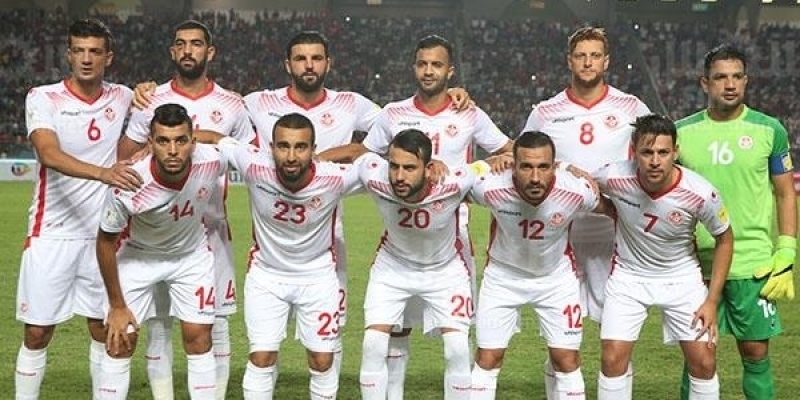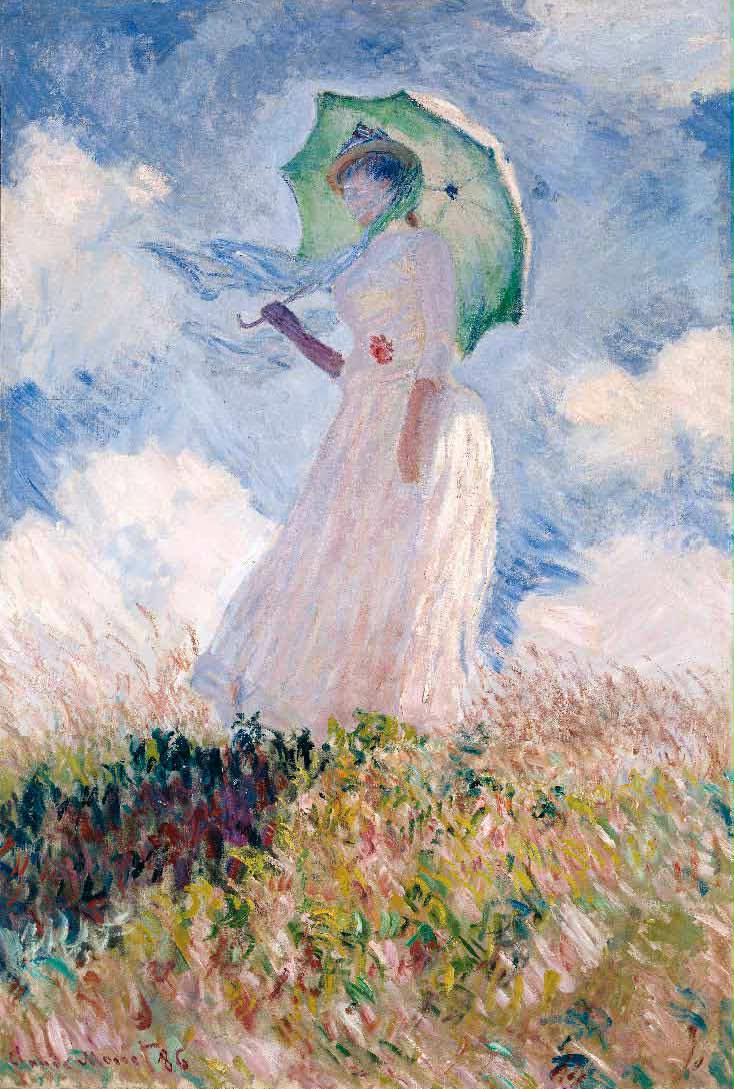« what are you so afraid of losing when nothing in this world belongs to you. »
I think of this quote way often, way more than i should.
Every time the sunset is too beautiful, the trees cast the shadows on the streets, and i catch myself missing old versions of me, of how everything used to be .. every time a train passes by and i just stand there, standing still in a world that’s constantly moving forward.
Every time i raise my eyes to the vast deep blue sky and the stars are flickering with light, a passionate light, showering the world with their magic. Every time the moon is following me down a long heavy road from home to home — a feeling I’ll never get used to. Every time i catch a bird doing its little dance in the misty rain and it all feels a bit too good to be true .. every time a familiar face passes next to me on a road busy with people, with life.
Every time i feel safe, scared, hopeful .. every time i feel, i am reminded of how « nothing in this world belongs to me, and i belong to everything. » Of how i have nothing to lose yet everything to experience .. what a wonderful gift it is that none of this grief i carry between the palms of my hands belongs to me, none of this beauty around me belongs to me. I get to live through it all. I get to experience it all.
Written by: Hadil Khalili


Share your thoughts